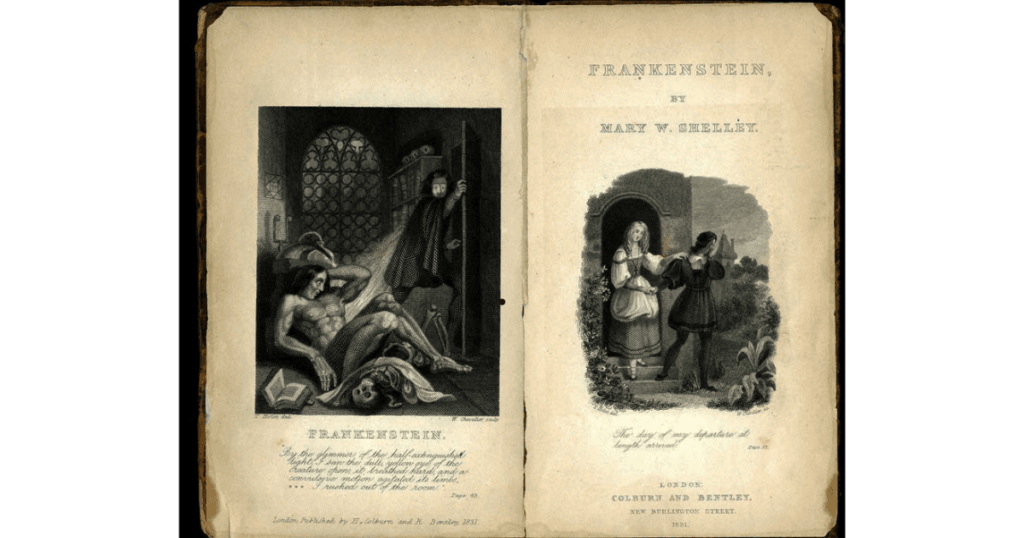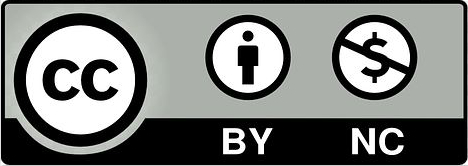
Avsedd slutanvändare: Lärare
Åldersgrupp: Gymnasieskola
Läroplan för skolan: Naturvetenskap; Samhälls-, idrotts- och hälsokunskap; Samhälls- och miljövetenskap
Teman och ämnen: Collective Action; Power & Influence; Information & Knowledge; Citizenship
Varaktighet: 3 x 2-hour classes
Typ av resurs: Lesson Plans, Presentation, Online Course, Workshop
Nyckelord: Scientific Responsibility, Biomedical Ethics, Human Cloning, Cultural Myths, Misuse of Knowledge
Språk: engelska: Engelska
Beskrivning
On a dark and stormy night in 1816, Mary Shelley began writing a story that posed profound questions about individual and societal responsibility for other people. Since that time, ‘Frankenstein; or, The Modern Prometheus’ has become one of the Western world’s most enduring myths. The story provides a framework for discussions of medical advances, which challenge our traditional understanding of what it means to be human.
The ‘Following Frankenstein: Mary Shelley, the Monster, and Medical Science’ module is divided into three two-hour classes that explore thematic and temporal features of Mary Shelley’s creation and its endurance. Each of the classes includes a brief introduction, a list of readings, visual resources, and discussion questions. This module examines the scientific and medical milieu which informed Mary Shelley’s creation of a young student of nature and his monster, and the ways in which this creation continues to speak to contemporary responses to biomedical innovations.
The readings have been chosen with the primary goal of helping students gain a sense of how developments in medicine raised questions about the nature of life and death, resuscitation, and renewal of the body. This engagement with the past is intended to provide background to students and give them a basis for thinking about the ways in which contemporary citizens respond to developments in the biomedical sciences, particularly around the beginning and end of life.
Så här använder du den här resursen
This module provides a structured approach for teachers to explore the ethical, scientific, and literary significance of Frankenstein in a classroom setting. Designed as three two-hour sessions, it includes readings, visual resources, and discussion prompts to facilitate student engagement. Teachers can use this resource to connect historical scientific debates with modern biomedical advancements, encouraging students to critically examine ethical dilemmas surrounding life, death, and human responsibility. By integrating literature with science, this module fosters interdisciplinary learning, helping students develop analytical and reflective thinking skills while considering how past scientific discoveries continue to shape contemporary discussions on medical ethics.
Resurserna
Link to the resource::
And introductory online exhibition can be found here:
Lärandemål
- Ta reda på förkunskaper och vidareutveckla kunskapen om och förståelsen för viktiga nyckelbegrepp inom hållbart medborgarskap genom att utmana etablerade världsbilder och värderingar.
- Tillämpa en rad lämpliga verktyg och ramverk för att främja studenternas hållbarhetsmedborgarskap
- Reflektera över praxis och granska nationella läroplaner för att identifiera möjligheter att främja hållbarhetsmedborgarskap på tvärvetenskapliga sätt och samarbeta med externa intressenter.
- i samarbete syntetisera kunskap, verktyg och ramverk för att skapa utbildningsmaterial och lektionsplaner som är anpassade till deras eget lokala sammanhang
- Utveckla och tillämpa bedömningskriterier för att utvärdera studenternas hållbarhetsmedborgarskap.
- Genom workshopaktiviteter och praktikgemenskaper bygga upp kapacitet och handlingsutrymme som utbildare och ledare inom hållbarhetsmedborgarskap.
Gröna kompetenser
- Att ta tillvara komplexitet inom hållbarhet: Kritiskt tänkande; problemformulering
- Att föreställa sig en hållbar framtid: Futures Literacy; Adaptability; Exploratory Thinking
Creative Commons

https://www.nlm.nih.gov/exhibition/frankenstein/education/index.html
https://www.nlm.nih.gov/hmd/copyright/index.html
Credit Line
If using any material from Historical collections for publication or production, please include the phrase: “Courtesy of the National Library of Medicine.”.
Globala mål för hållbar utveckling


